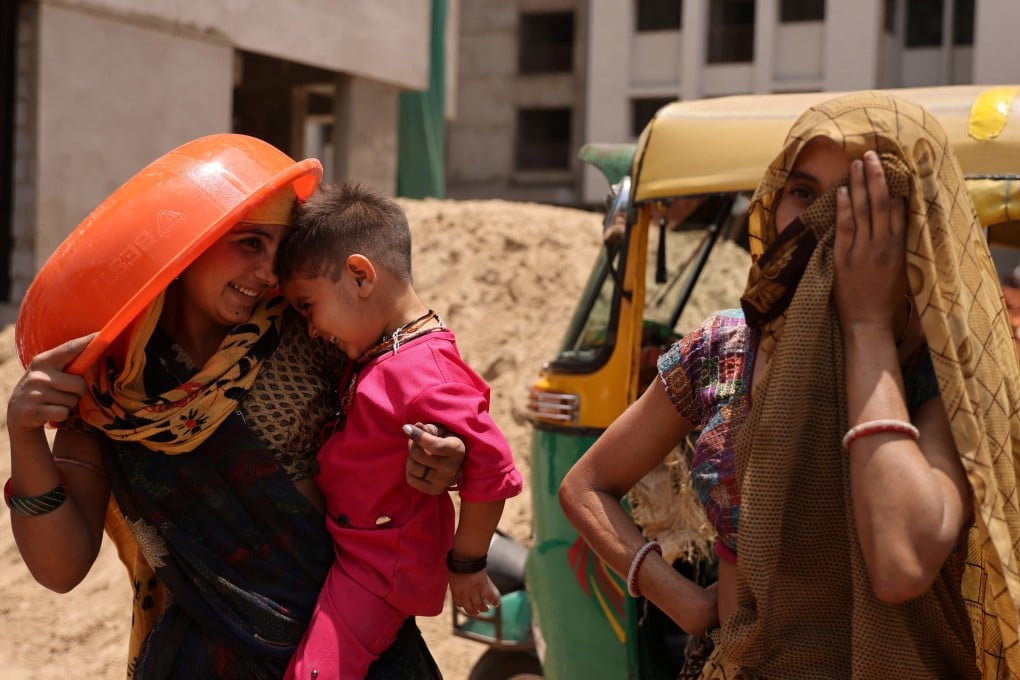Opinion | Global climate change policy still failing women despite 50 years of meetings
- The UN has been holding high-level meetings on the environment since the early 1970s, yet women’s needs still get overlooked
- Focusing on the effects of climate change on women and ensuring they are involved in climate decision-making can help build a just and sustainable future for all

Even after 50 years of efforts to preserve the environment, the effects of climate change are disproportionately felt by women. Female mortality rates from heat exposure have increased significantly since the 1970s. And inequalities in gender mortality rates from natural disasters have risen continuously from the 1970s to the 2000s.
The UN has estimated that about 383 million women and girls lived in extreme poverty at the end of last year. Despite 63 per cent of women aged 25 to 54 being in the global workforce, they still face an estimated 23 per cent wage gap compared to men.
Meanwhile, a lack of economic and social empowerment restricts women’s involvement in climate change decision-making on adaptation and mitigation. Women and children under five bear an estimated 88 per cent of the burden of disease caused by climate change.
